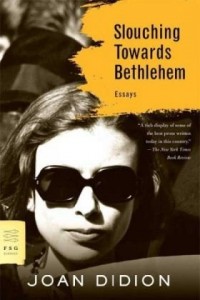I have to give Deb Blum credit for passing around this article from the Guardian that spoofs science writing. Anyone who has ever written or read science news should read it. It crushes my soul but gives me tremendous hope all in one fell swoop. Essentially, 99.9% of science news is less than stellar. At least now keeping myself out of this category is something I can strive for.
The comments that follow the article are equally hilarious and actually really add to the article, completing the satire of web media and public interaction.
My favorites:
“This is where I forgot to say that 99% of other scientists researching in this field disagree and think this scientist is a nutter” (I love that this person used the word nutter)
“This comment is simply an inexplicable and unrelated reference to Hitler”
“THIS COMMENT IN CAPITALS WILL DEMAND THAT SOMETHING BE BANNED”
This whole thing had me laughing out loud. A win for Martin Robbins.
